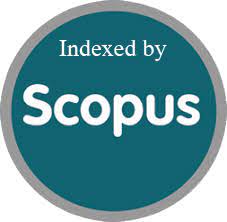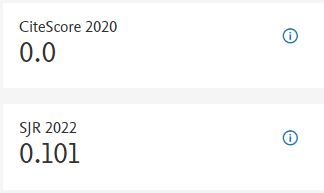In vitro assessment to evaluate the anti-thyroid potential of selected carbazole derivatives
DOI:
https://doi.org/10.7492/gpdfd314Abstract
Carbazole compounds provide substantial advantages in the quest for innovative and efficient anticancer therapies. Recently, scientists have successfully synthesized a range of carbazole molecules to develop potent medications for the treatment of cancer. The objective of this study was to assess the antithyroid properties of two carbazole derivatives, specifically 7-Chloro-1,4-dimethyl-9H-carbazole (26h/CDC) and N-[(1R)-6-chloro-2,3,4,9-tetrahydro-1H-carbazol-1-yl]. The compound -2-pyridine carboxamide (14h / CTCP) was subjected to in vitro testing on cell lines derived from anaplastic thyroid cancer (ARO and FRO) and papillary thyroid cancer (BHP 7-12 and TCP1). The study findings indicate that compound CDC is substantially more effective than propylthiouracil, a standard antithyroid medication. This is particularly evident in our in vitro studies, where compound CDC demonstrated IC50 values of 10.1 μg/ml, 5.8 μg/ml, 6.2 μg/ml, and 11.43 μg/ml against TPC1, BHP 7-12, ARO, and FRO cell lines, respectively. To establish a foundation for the development of effective therapeutic drugs based on this molecule, it will be essential to carry out further preclinical and clinical research.

















